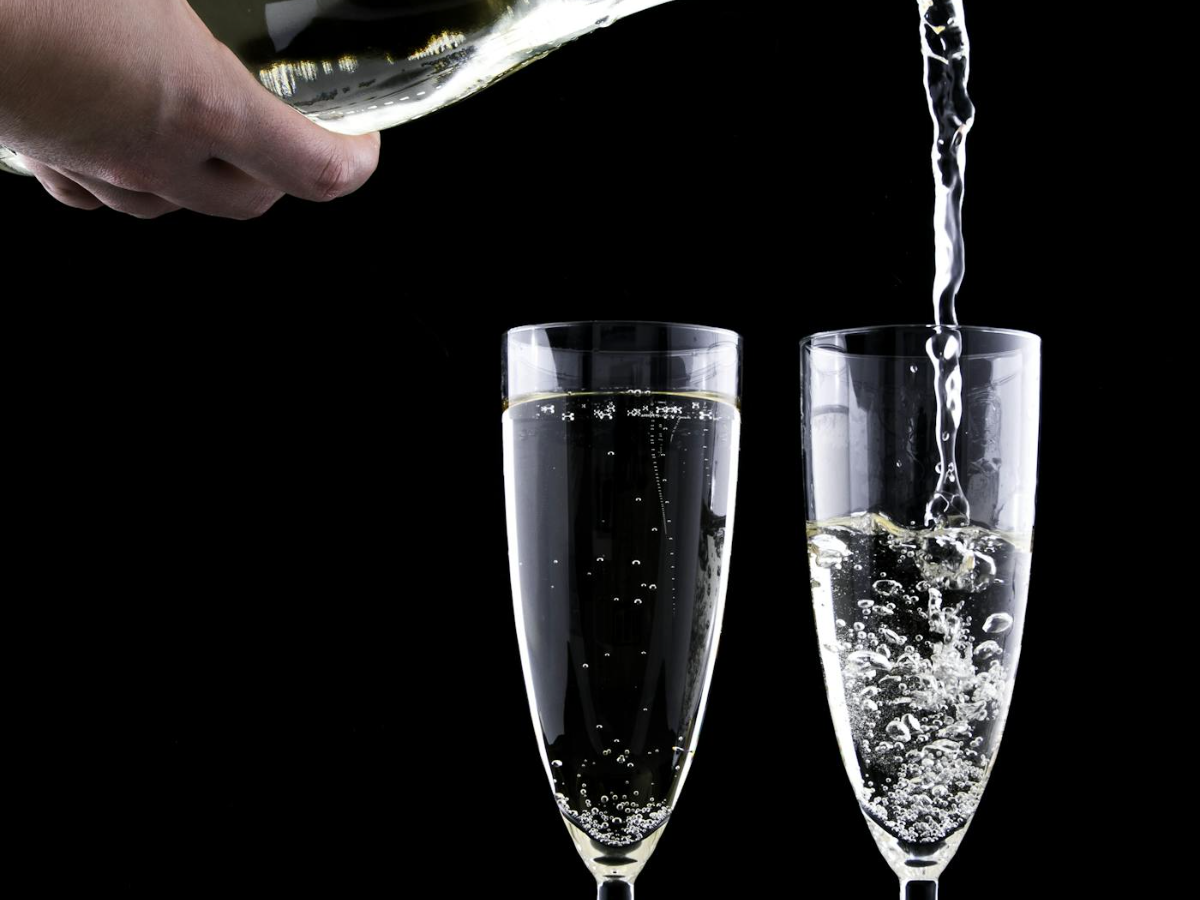If you’ve had “one too many,” the only true way to sober up is time. Your liver metabolizes alcohol at a set rate—usually about one standard drink per hour. Nothing can accelerate this biological process.
However, certain strategies can make you feel more alert, clear your head, and reduce some of the immediate feelings of impairment, though they will not lower your actual Blood Alcohol Content (BAC).
What Actually Helps You Feel More Alert
These methods address the side effects of alcohol (dehydration, blood sugar drops) to help you feel functional, but they don’t remove alcohol from your system.
1. Rehydrate Aggressively
Alcohol is a diuretic, meaning it makes you lose water, which leads to dizziness and headache.
- Drink Water: Sip a large glass of water or non-carbonated drink slowly.
- Electrolytes: Sports drinks or coconut water can help replace lost sodium and potassium, aiding in hydration faster than plain water.
2. Consume Healthy Carbs
Alcohol consumption can temporarily lower your blood sugar (hypoglycemia), contributing to confusion and weakness.
- Eat Food: A meal containing protein and complex carbohydrates (like a sandwich, crackers, or toast) can stabilize your blood sugar and help absorb some alcohol remaining in your stomach. Avoid fatty foods, which can slow stomach emptying and prolong the feeling of intoxication.
3. Get Fresh Air and Activity
Light activity can stimulate your brain and circulation, making you feel more awake.
- Move Carefully: Take a slow walk, or simply stand up and stretch. Do not engage in heavy exercise, as this can increase dehydration.
- Fresh Air: Step outside (if safe) for a few minutes. The cool air can be stimulating.
4. Wait It Out (The Only Real Solution)
The best strategy is to be patient and ensure your safety until the alcohol has metabolized.
- Calculate Time: Estimate how long it will take for the alcohol to leave your system. If you had 4 drinks, it will take roughly 4 hours after your last drink to be fully sober.
- Rest: If you feel like passing out, sit or lie down in a safe, controlled environment.
Common Myths That Do NOT Work
These methods are ineffective and can sometimes be dangerous:
| Myth | Why It Doesn’t Work |
|---|---|
| Drinking Coffee/Caffeine | Caffeine only makes you a wide-awake drunk. It addresses the drowsiness but does nothing to improve judgment, coordination, or slow down metabolism. This can lead to dangerous overconfidence. |
| Taking a Cold Shower | A sudden blast of cold water can shock your system and may cause you to pass out, making it dangerous. It does not speed up metabolism. |
| Forcing Yourself to Vomit | If alcohol has already passed into your bloodstream, vomiting is useless. If you do it too soon, the strong stomach acids can cause serious throat damage. |
| Heavy Exercise | Excessive physical activity on alcohol can speed up dehydration and stress your heart. |
Crucial Safety Warning
If you or someone you know is too intoxicated, prioritize safety above all else:
- Do not drive or operate machinery. Arrange for a ride, or stay put until completely sober.
- Never leave an intoxicated person alone, especially if they are vomiting or at risk of passing out.
- Seek immediate medical help if you or someone else shows signs of alcohol poisoning (slow or irregular breathing, pale or bluish skin, seizures, or loss of consciousness).


Leave a Reply